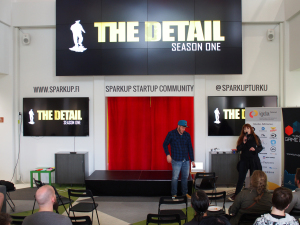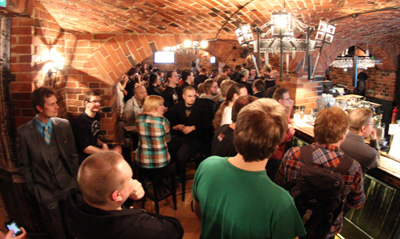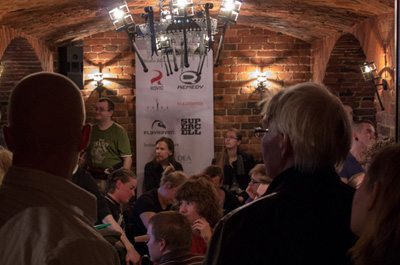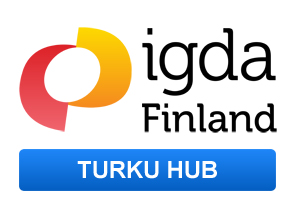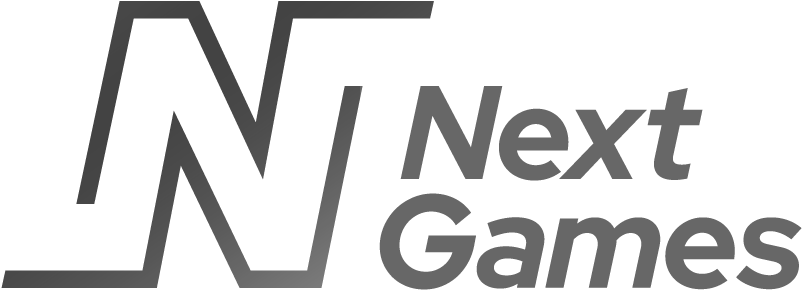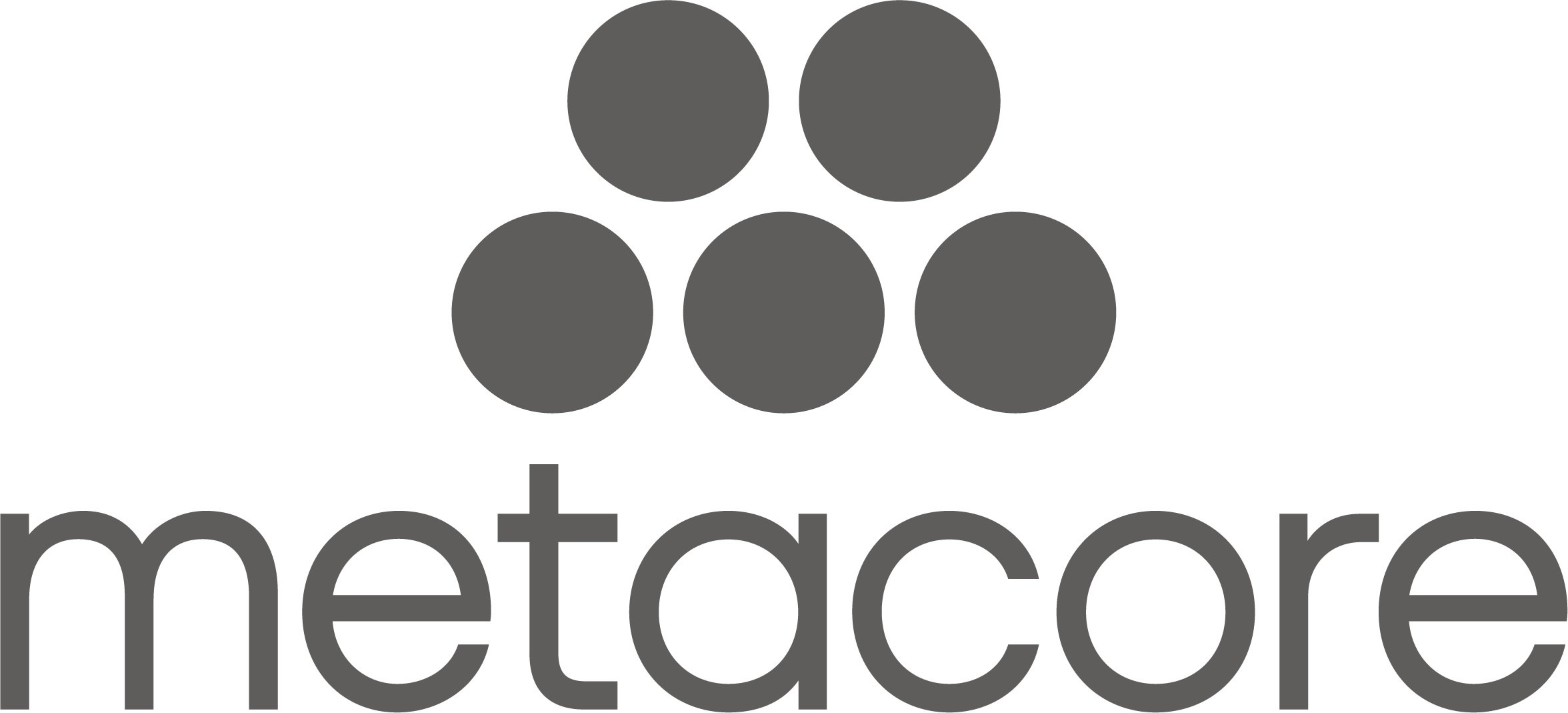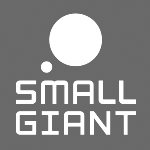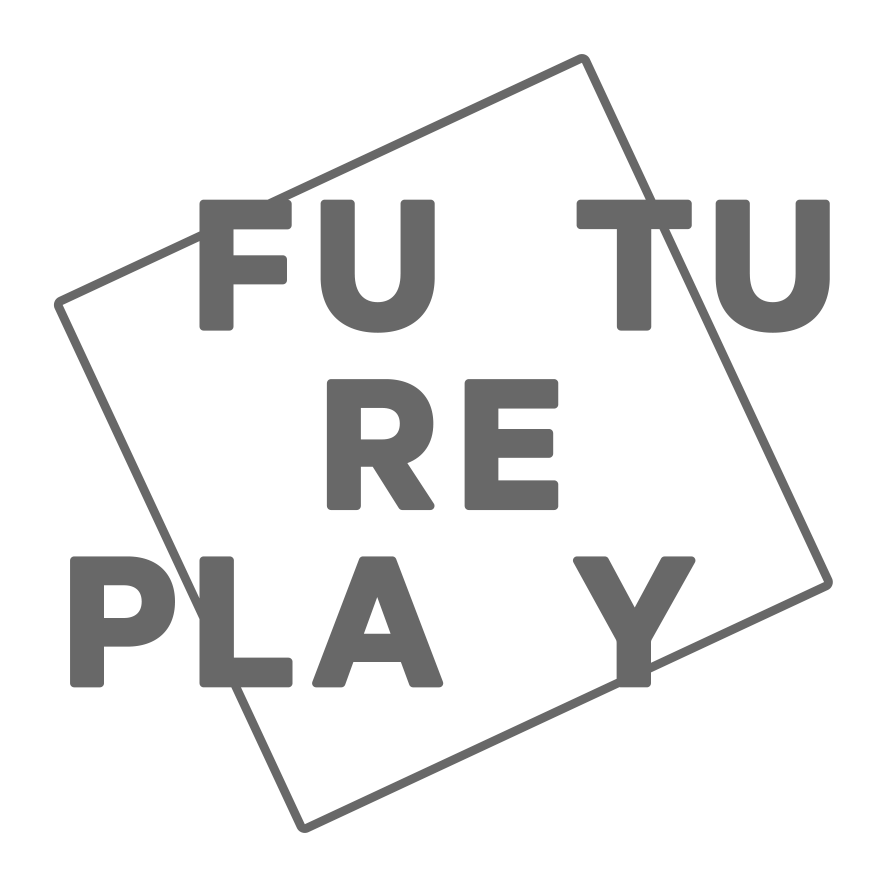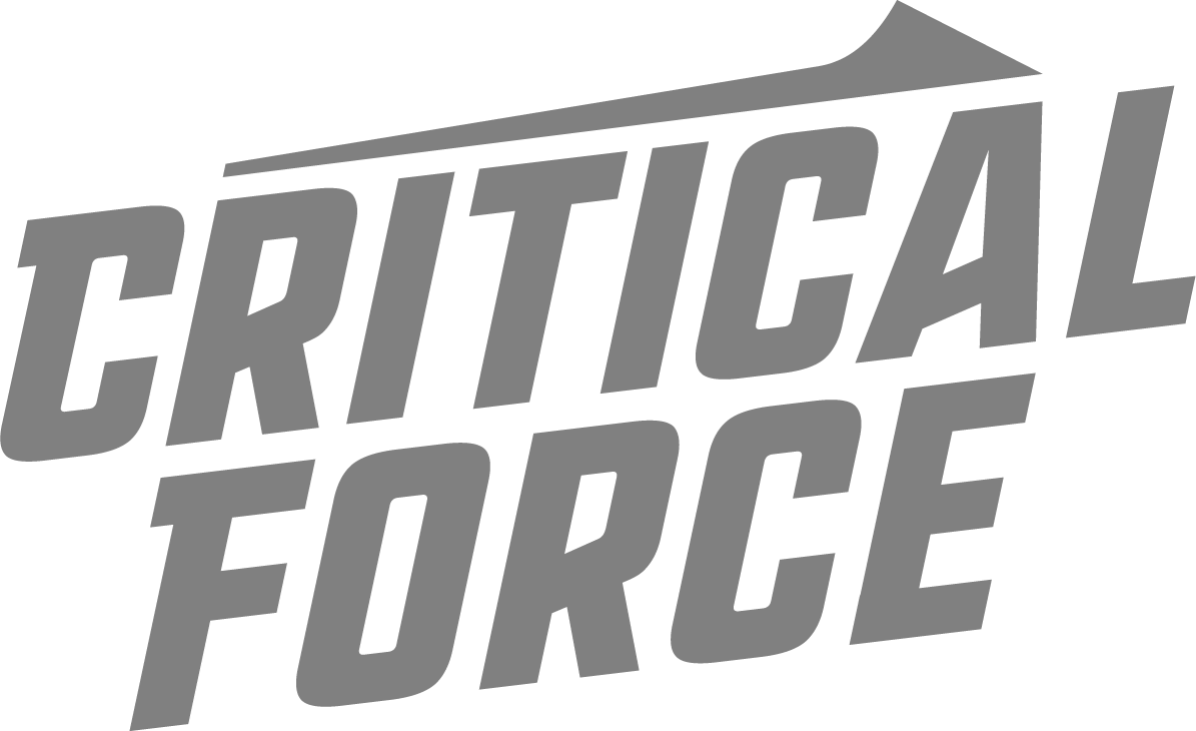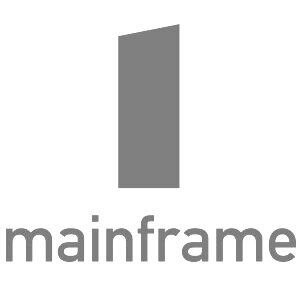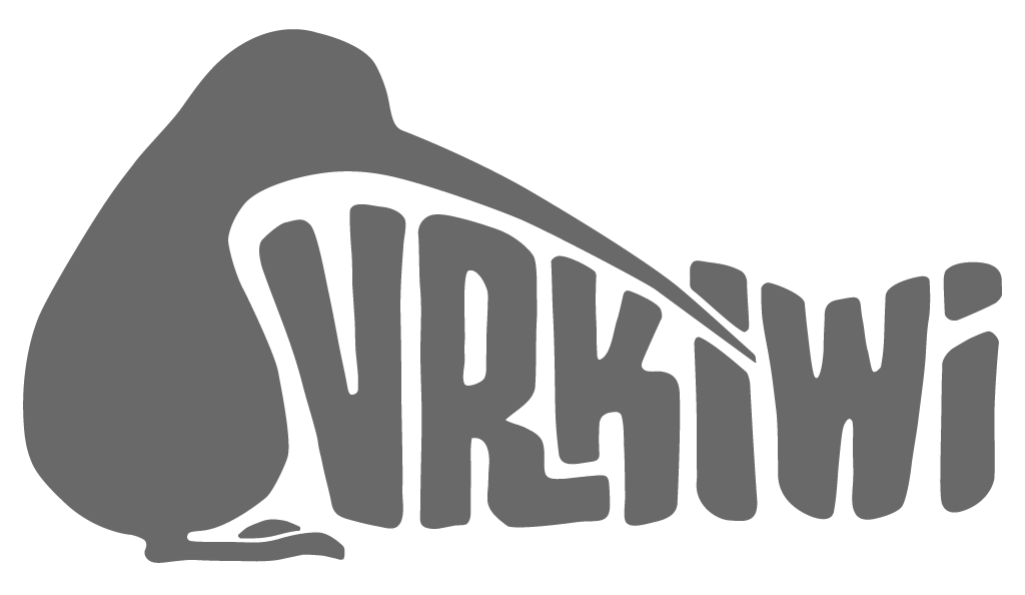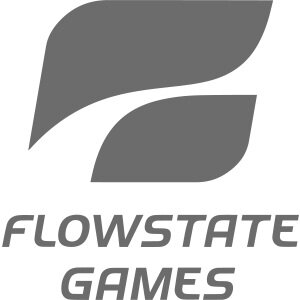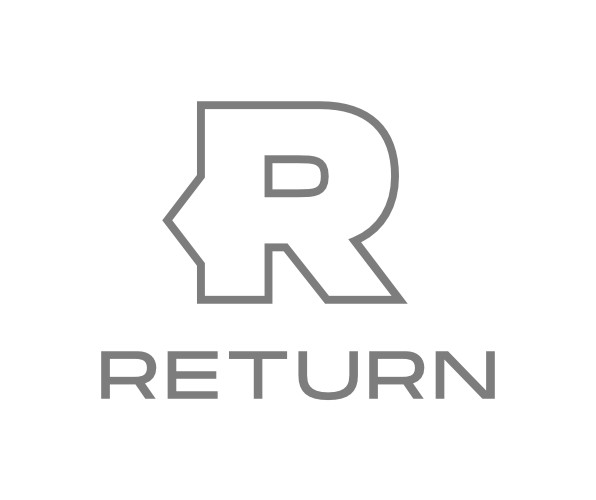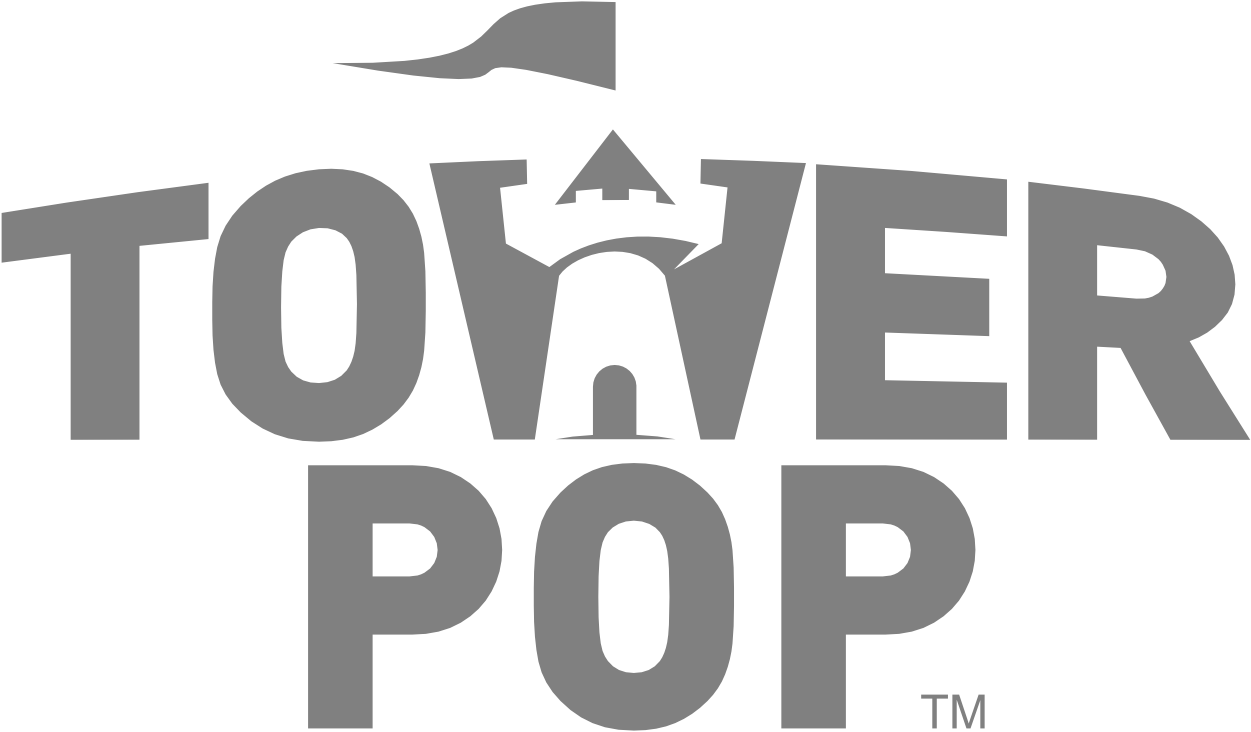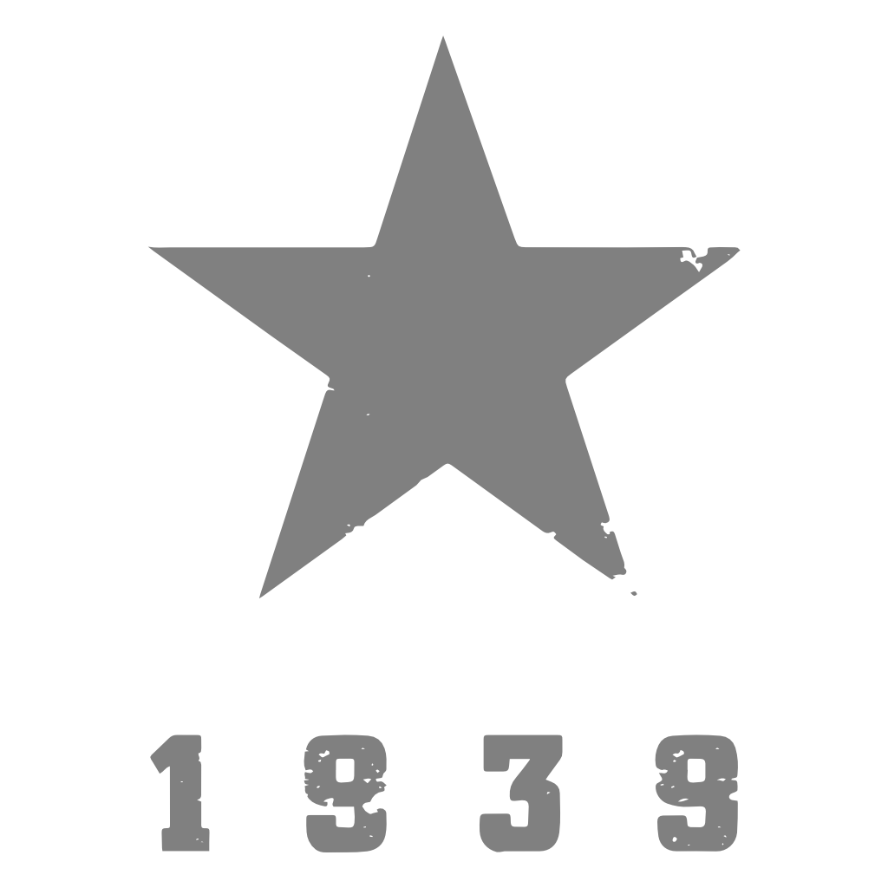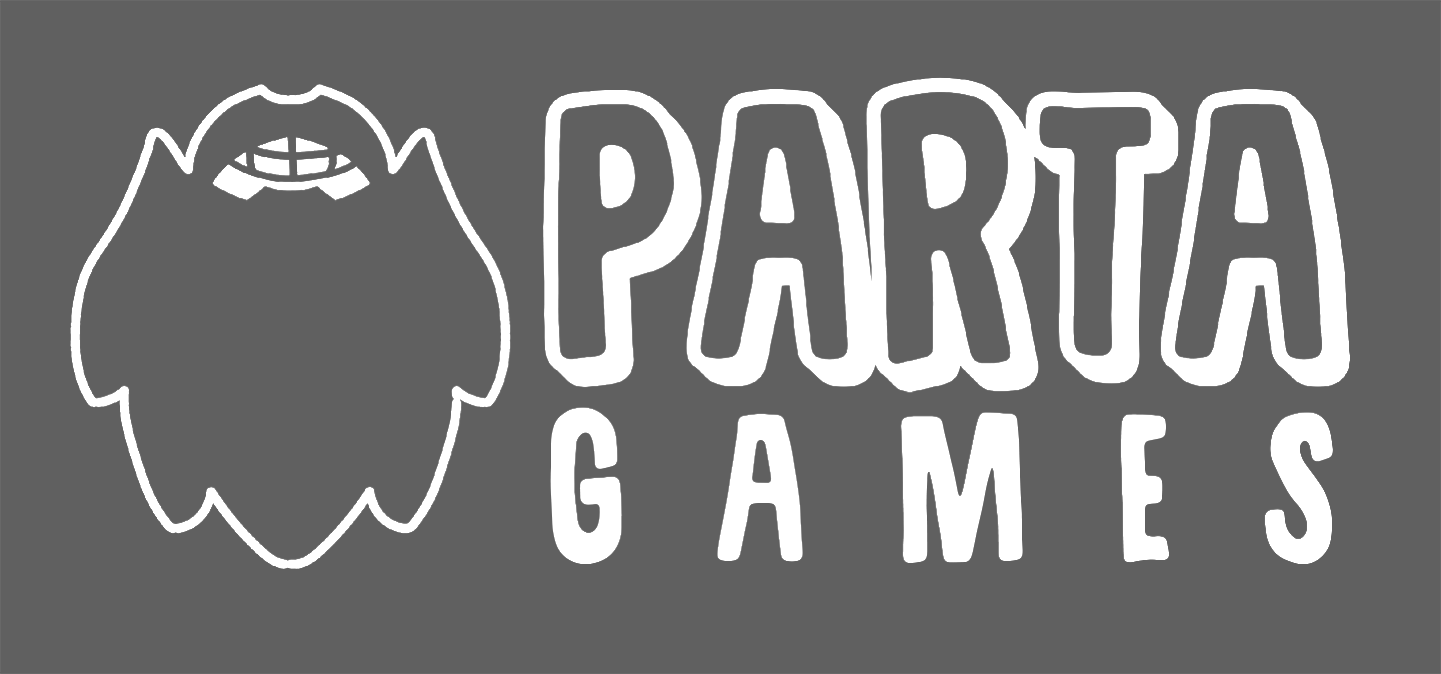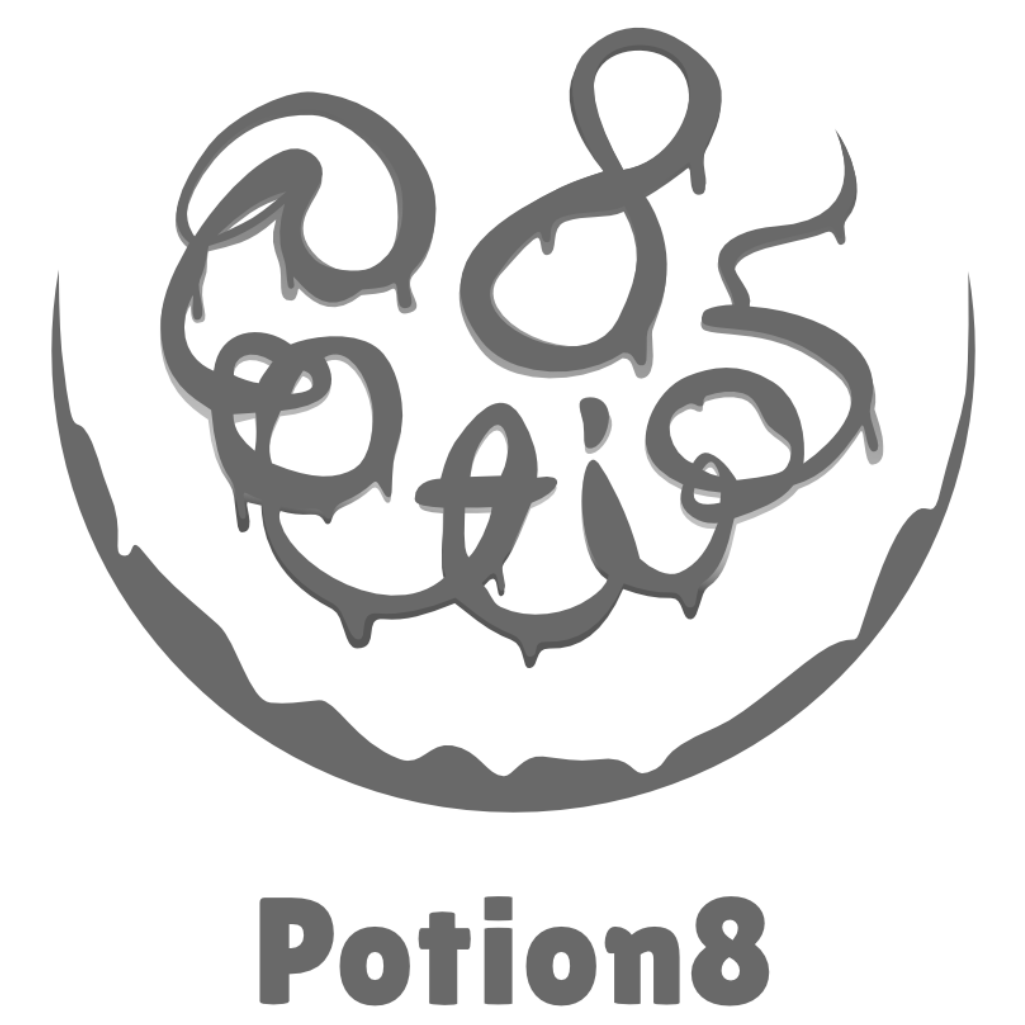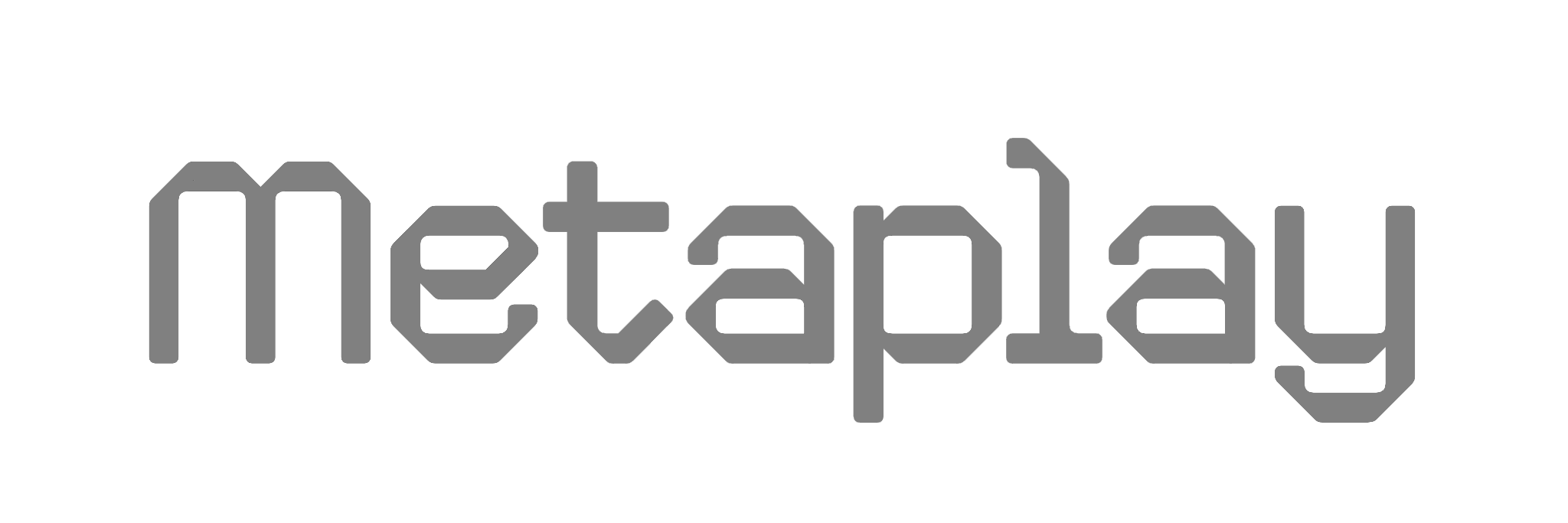”To err is human. To improve is NAPCON” says the slogan. NAPCON brought a whole team of people to their presentation at the IGDA Turku Hub February Gathering.
What is NAPCON? It is a company that is part of Neste, and they make games to teach operators how to operate different complex industrial plants.
It takes years to learn to operate these systems, and previously teaching was done with normal classroom and textbook studies. Newbies got mentoring from senior operators as they learned how to run the operator systems. The idea of NAPCON is that educational games could make this process much more effective, and fun. Speaking of fun: David Hasselhoff promotes the company’s games in a series of commercials.
Learning how to run petrochemical plants and biorefineries is very complicated. It takes a lot of skill to control a plant. The systems are more complex than passenger air planes. It takes years to learn all the dynamics, says NAPCON production manager Tuomo. With the game the operators can learn the basic principles and controls. So far there have not been many good tools to train the operators.
At the same time the simulations need to be innovative. The games have to be accurate representations of the real thing. At the gathering the audience had a chance to see the game in action.
The development team consists of people with different skill sets, but most have a background in chemical engineering. The team wants to make customer oriented educational games. The operators need to learn the right things. That is why the team has close contact to the industrial customers, visiting the plants and so on. Pedagogical skills are of course also important in developing educational games. NAPCON is a tiny unit, and that means they can be flexible like a startup, and make fast changes.
The learning process has also been gamified by company wide operator competitions: the operator world cup. This way the operators can also show off their skills. And like the Hoff says: it is important to stay zen and keep cool in stressful situations. This is certainly tested in the operator world cup.
Q & A with the audience:
Q: Is the UI same as the real refinery?
A: The UI is a simplification, it kind of looks similar but not quite. We wanted to make it more pleasant, beautiful and more illustrative. So you get an idea of what is happening in there. We replicate the information and the numbers, and let them learn step by step
Q: Can anyone play?
A: It starts easy… *Natasha tries the game, and fails miserably after few minutes :D* If you know nothing you might have to read something about processes.
Q: Do you have levels where there are no right answers?
A: We considered it, but situations where you cant do anything are not so educational.
Q: Will the player see what went wrong?
A: There is a ”game over”. When something went wrong, something was not allowed. In most situations there is feedback for how you can do better etc.
Q: You don’t have a game designer in your team, how do actually get your player on board the game? Where is the game designer?
A: I would not say we don’t have game designers. Most of us are multidiscipline people that have connections to game development, but we also use outsourcing. We don’t have graphic designers, that is also outsourced. We are bit by bit expanding knowledge in game design, and we do have some serious hard core gamers in the team. FYI we have an office in Turku.
Q: The best learning comes from fun. How do you make it fun? Who is responsible for making the fun? And the team that won the world cup, did they get more money?
A: We don’t know what the Hungarians got :D Some companies do connect the salary level to the education that operators have.
On the fun side, it’s hard to make educational games fun. We have to take the aspect of the game being closely tied to the real environment, and then adding a layer of gamification around something that is complex.
Q: You said you have done this to biochemical companies, what other fields?
A: Customers in bioindustry. But with the generic games, like distillation games, it doesn’t matter what industry teaches the fundamentals. Then we make tailor made games for specific customers related to their industry. These are not as fun…
Q: The score: what are the criteria for the first level and the process score? Could these be used for cruise ships?
A: Scores are tied to what we want to teach. Yes, why not for cruise ships!





